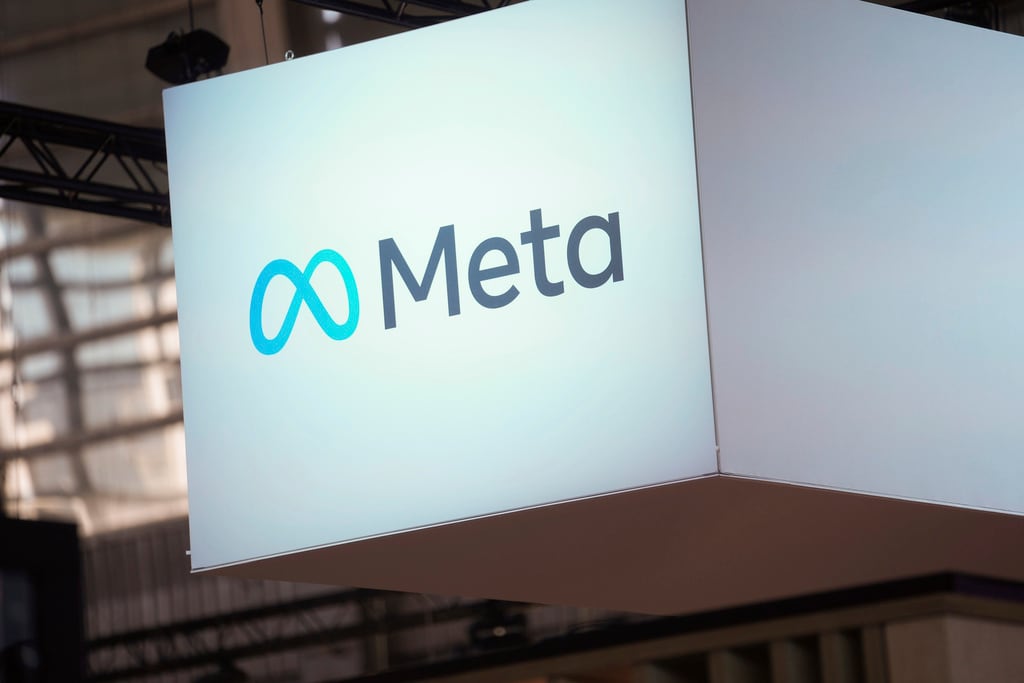A bill that would have forced Google and Facebook’s parent firm to compensate local newsrooms for making money off of news material on their platforms will not be advanced by Oregon lawmakers.
Senator Bill 686 would have provided incentives for large tech corporations that access local news websites and harvest their material to either enter into paid arrangements with individual publishers or provide an annual lump sum payment to all digital newsrooms in Oregon. Publishers would have had to use the majority of the funds for newsroom pay, and the funds would have been distributed to newsrooms according to the number of journalists they employ.
Senate law 686’s supporters, who included dozens of Oregon news publishers, claimed the law would have helped revitalize the state’s dwindling news scene, especially in rural places where whole newsrooms have closed or journalists have been laid off in large numbers in recent years.
However, they failed to persuade enough legislators to support the bill. The Senate referred the measure back to committee on Tuesday after a floor vote that left it just one vote shy of passing.
The possibility of a successful legal challenge and potential retaliation from digital corporations that may have limited Oregonians’ access to little is left of local journalism were the two main concerns raised by lawmakers who voted against the bill, including all Senate Republicans present and a few Democrats.
The Senate Rules Committee has now put the bill on hold. Senate Majority Leader Kayse Jama, a Democrat from Portland who leads the committee, told The Oregonian/OregonLive that the bill will not move forward with only a few days left in this year’s legislative session.
According to her office, Sen. Khanh Pham, a Democrat from Portland and the bill’s primary author, plans to bring the proposal back to life during a future legislative session.
“I will persist in advocating for local journalism, as it is essential to a robust democracy, maintaining community engagement and connection, and holding influential institutions, such as the Legislature, accountable,” she stated in a press release.
Google, Meta, and other tech sector groups that campaigned vigorously against the law for months and have opposed similar initiatives in other nations and states consider the bill’s failure to be a significant victory. As it did in response to comparable laws in Canada, Meta vowed to restrict news on Facebook if the bill passed.
Despite expressing support for local newsrooms, lawmakers who voted against the bill claimed that the legislation will eventually harm news consumers and publishers.
Does anyone genuinely think that these businesses will simply write the check and carry on with their operations as usual? Sen. Mark Meek, a Democrat from Gladstone who opposed the bill, stated. No, just as they did in Canada, they will completely cease providing news information in Oregon.
He was referring to Facebook’s actions, which prohibited users from including links to Canadian journalistic content on its platform. In Canada, Google, which analysts claim makes more money than Meta by providing its customers with information from local newsrooms, continued to use local journalism to inform its search results.
Prior to Tuesday’s vote, the Oregon law had a protracted and difficult journey. After legislative attorneys ruled that parts of a previous version of the plan were probably unconstitutional, the Senate referred the legislation back to committee earlier this month.
Then, in order to address some of the most important legal issues, Pham’s office suggested a revised version of the bill. Legislative attorneys, however, stated that the proposed policy was mostly unproven and might be successfully challenged in court if it were approved.
The most recent iteration of the measure would have provided incentives for big internet firms to pay journalists in a number of ways. Companies the size of Google and Meta would have paid $104 million and $18 million a year, respectively, under one of those alternatives.
Lawmakers who backed the bill stated that they were not deterred by the possibility of a court dispute and that they were not persuaded that Meta would censor news on its platforms. They argued that it was better to pass the bill and risk the repercussions than to let Oregon’s media jobs continue to disappear.
Sen. Sara Gelser Blouin, a Democrat from Corvallis, stated, “I know this won’t take us back in time and bring back my local newspaper.” A newspaper merger implies that there is no longer a newsroom dedicated exclusively to her area. However, this is a significant step in acknowledging the vital contributions media makes to our communities.
Legislators, however, argued that it would be reckless to enact a bill knowing it would be challenged in court. While acknowledging that the most recent version of the bill addressed some potential legal difficulties, Senate Republican Leader Daniel Bonham of The Dalles stated that he was still worried about a legal battle or reprisal from tech corporations.
On the Senate floor, Bonham stated, “All of these challenges should lead us to a conclusion of voting no.” I completely agree with the importance of the free press. However, the Constitution holds greater significance.
Editor’s note: Senate Bill 686 received testimony from John Maher, president and publisher of The Oregonian/OregonLive.
State politics and government are covered by Carlos Fuentes. You may contact him at orcfuentes@oregonian.com or 503-221-5386.
Latest local politics stories
-
Limited usage of Portland sobering beds prompts county to cast larger net to connect with people in crisis
-
Democrats propose pared back transportation package that would raise $11.7 billion over 10 years
-
Legislature poised to require insurance coverage for expanded care for moms, babies
-
Good government advocates blast lawmakers for moving to delay campaign finance limits for years
-
Kotek backed bill to lessen regulations on restraining children dies in Salem





More Stories
Oregon bill to require big tech to pay local newsrooms dies in final days of session
Oregon bill to require big tech to pay local newsrooms dies in final days of session
Oregon bill to require big tech to pay local newsrooms dies in final days of session